Jonathan King - Gallipoli Diaries: the Anzacs own story, day by day
Here you can read online Jonathan King - Gallipoli Diaries: the Anzacs own story, day by day full text of the book (entire story) in english for free. Download pdf and epub, get meaning, cover and reviews about this ebook. year: 2014, publisher: Scribe Publications Pty Ltd, genre: Non-fiction. Description of the work, (preface) as well as reviews are available. Best literature library LitArk.com created for fans of good reading and offers a wide selection of genres:
Romance novel
Science fiction
Adventure
Detective
Science
History
Home and family
Prose
Art
Politics
Computer
Non-fiction
Religion
Business
Children
Humor
Choose a favorite category and find really read worthwhile books. Enjoy immersion in the world of imagination, feel the emotions of the characters or learn something new for yourself, make an fascinating discovery.
- Book:Gallipoli Diaries: the Anzacs own story, day by day
- Author:
- Publisher:Scribe Publications Pty Ltd
- Genre:
- Year:2014
- Rating:4 / 5
- Favourites:Add to favourites
- Your mark:
Gallipoli Diaries: the Anzacs own story, day by day: summary, description and annotation
We offer to read an annotation, description, summary or preface (depends on what the author of the book "Gallipoli Diaries: the Anzacs own story, day by day" wrote himself). If you haven't found the necessary information about the book — write in the comments, we will try to find it.
Gallipoli, for the average Australian, is the most famous battle that our volunteer soldiers ever fought, because it was our first entry as a nation into the war, and our people were keen to prove themselves. It would be, however, a long time before the families back home, and the nation as a whole, heard of the terrible conditions on the peninsula and the waste of life that took place there. Although Gallipoli was a crushing defeat, it was, and still is, celebrated as a victory.
In this updated commemorative edition, published 100 years after the 25 April 1915 landing, the Gallipoli story is told day by day, using the words of the diggers, drivers, soldiers, and war correspondents at the front-line. War historian Jonathan King has gathered together an unequalled series of extracts from letters and diaries, written by hundreds of Anzacs at Gallipoli, accounting for every one of the 240 days of the eight-month campaign and even identifying the actual days of the week. Reading the mens own words, including misspellings and mistakes, we share in the soldiers experiences.
These Australians, of exceptional calibre and good cheer, each wrote for different reasons, although many made light of their hardships. It is all here the fear, the frustration, and the boredom, as they scrounged for bully beef; went mad from the flies, the lice, and the stench of the unburied dead; swapped cigarettes with enemy Turks; dodged shrapnel while swimming at the beach; celebrated birthdays; sheltered from rain and shivered in snow; and waited for action while praying for deliverance.
Although generals, historians, and war scholars have had their stories told many times, it is only now, when we read the private words of the men at the front-line, that we can glimpse what Gallipoli was really like.
PRAISE FOR JONATHAN KING
In Jonathan Kings Gallipoli Diaries we share the experiences of the diggers from day one ... It is a story that is spoken in the sometimes halting words of the soldiers and therein lies its power. There is much here to enlarge our understanding of the disastrous Gallipoli campaign not least the appalling conditions in the trenches, the daily grind of water carrying, poor food, flies and death. Books + Publishing
[A] comprehensive history of the whole of the Gallipoli campaign ... Some notable Australian writers are among the many letter-writers and diarists and their writing skills stand out ... King starts the book with some thoughts about why Australia as a nation celebrates what was, after all, a crushing defeat. The Cooma-Monaro Express
Jonathan King: author's other books
Who wrote Gallipoli Diaries: the Anzacs own story, day by day? Find out the surname, the name of the author of the book and a list of all author's works by series.

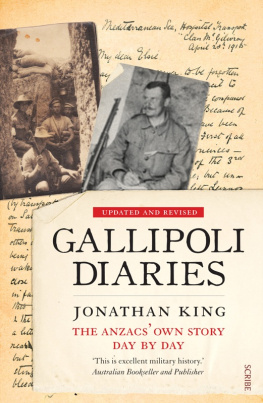

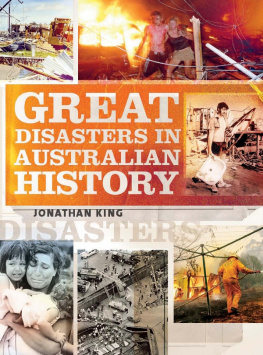

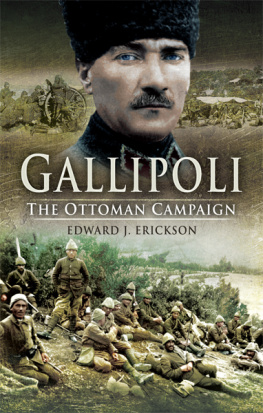
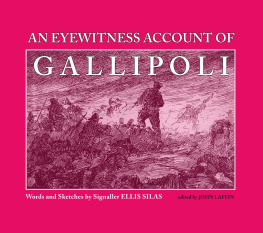
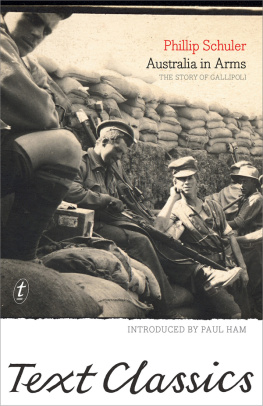
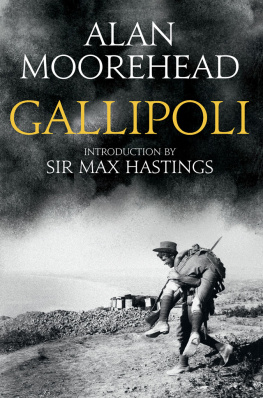
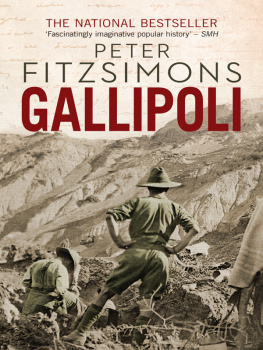
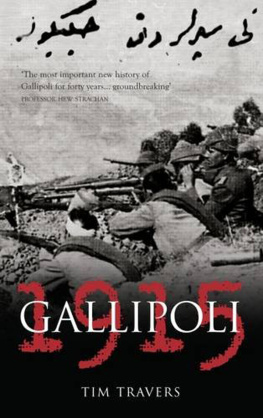
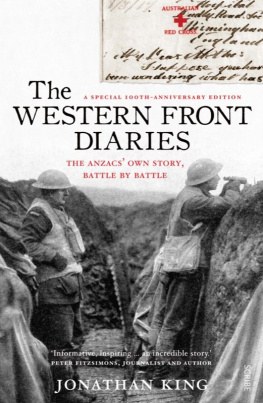
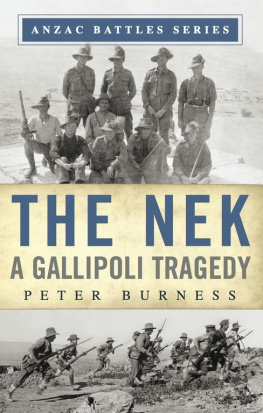
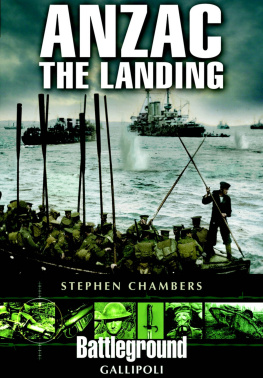
 Scribe Publications
Scribe Publications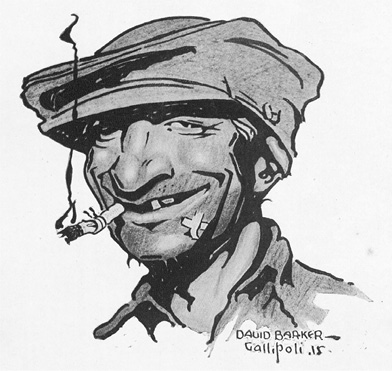 At the landing, and here ever since. After eight months on the beach some of the Diggers had become real characters, with the most celebrated being those who had been there from day one. (Initially drawn at Gallipoli for the Anzac Book , 1916.) To the Anzacs: Those 8,709 brave Australian diggers who died fighting at Gallipoli and their 2,701 Kiwi cobbers, not to mention the Brits and their Allies who were killed in that bold but hopeless campaign. And not to forget the poor old Turks who lost more than anybody else an estimated 86,692 defending their homeland.
At the landing, and here ever since. After eight months on the beach some of the Diggers had become real characters, with the most celebrated being those who had been there from day one. (Initially drawn at Gallipoli for the Anzac Book , 1916.) To the Anzacs: Those 8,709 brave Australian diggers who died fighting at Gallipoli and their 2,701 Kiwi cobbers, not to mention the Brits and their Allies who were killed in that bold but hopeless campaign. And not to forget the poor old Turks who lost more than anybody else an estimated 86,692 defending their homeland.  The Anzac area, showing the main territory occupied by Anzac forces by December 1915, following their landing at Anzac Cove.
The Anzac area, showing the main territory occupied by Anzac forces by December 1915, following their landing at Anzac Cove. 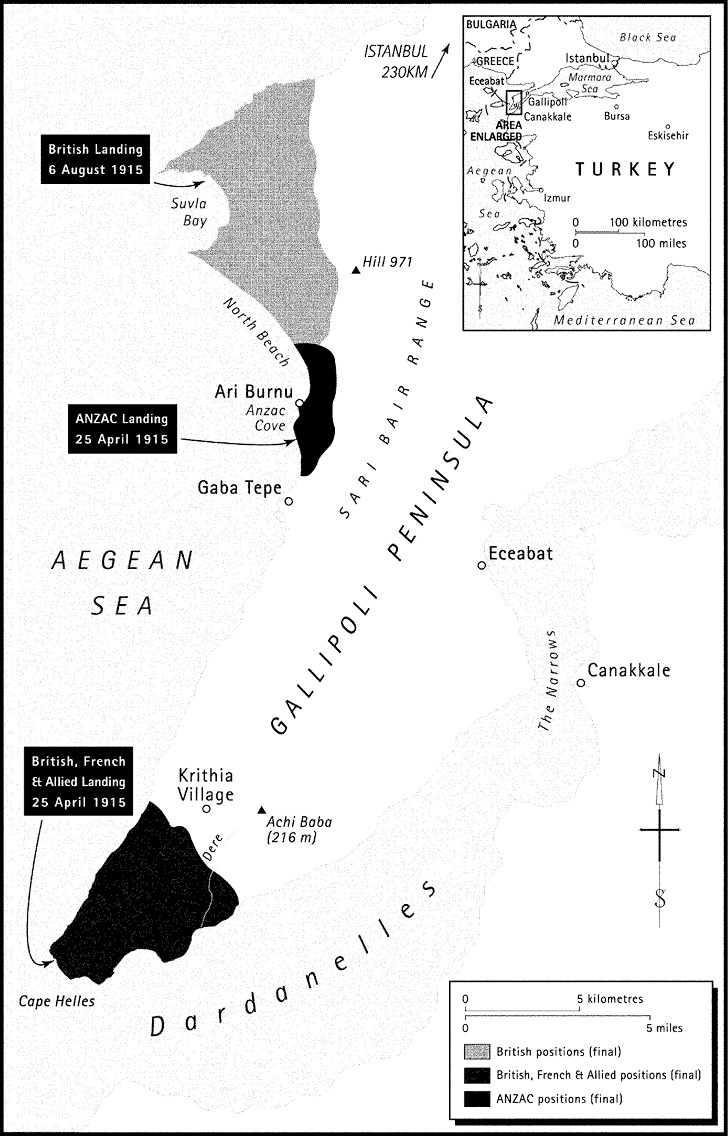 The Gallipoli peninsula, 1915, showing the three main landing locations.
The Gallipoli peninsula, 1915, showing the three main landing locations. Right: As head of the British Admiralty, Winston Churchill (right) exerted a lot of influence in the 1915 decision to land British and Allied troops at Gallipoli.
Right: As head of the British Admiralty, Winston Churchill (right) exerted a lot of influence in the 1915 decision to land British and Allied troops at Gallipoli. 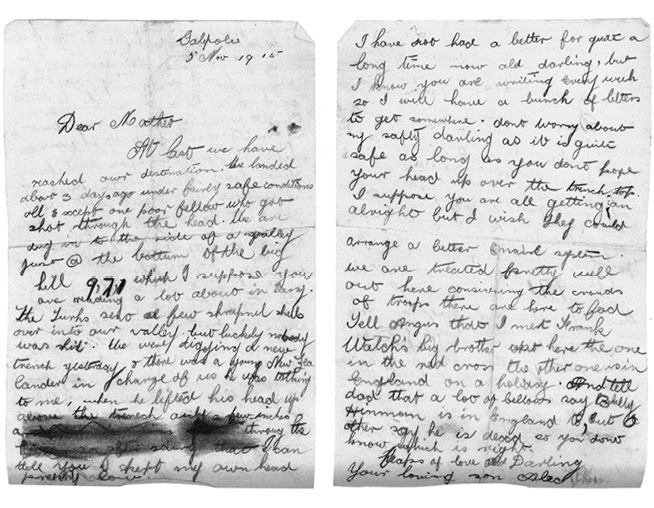 A censored letter from Galipolie (sic) to his mother, the author was 16yearold Alec Campbell, who became the worlds last surviving Gallipoli veteran. Why then do we revere Gallipoli as if it was one of the defining moments in Australian history? The answer lies in the way this dreadful disaster was and is sold to the Australian people as a glorious achievement for the Empire.
A censored letter from Galipolie (sic) to his mother, the author was 16yearold Alec Campbell, who became the worlds last surviving Gallipoli veteran. Why then do we revere Gallipoli as if it was one of the defining moments in Australian history? The answer lies in the way this dreadful disaster was and is sold to the Australian people as a glorious achievement for the Empire.